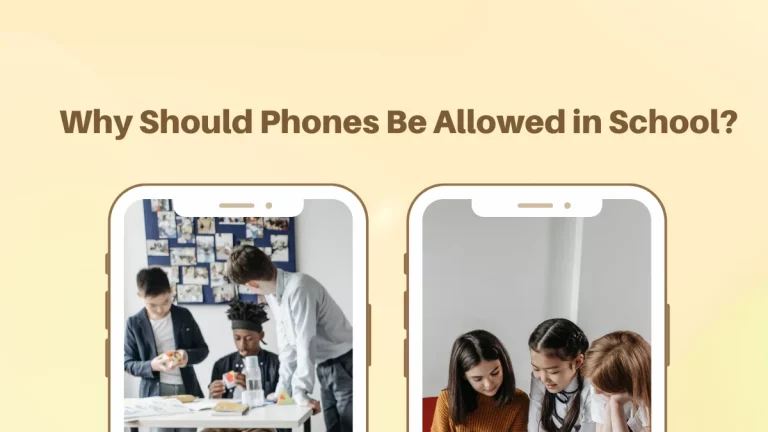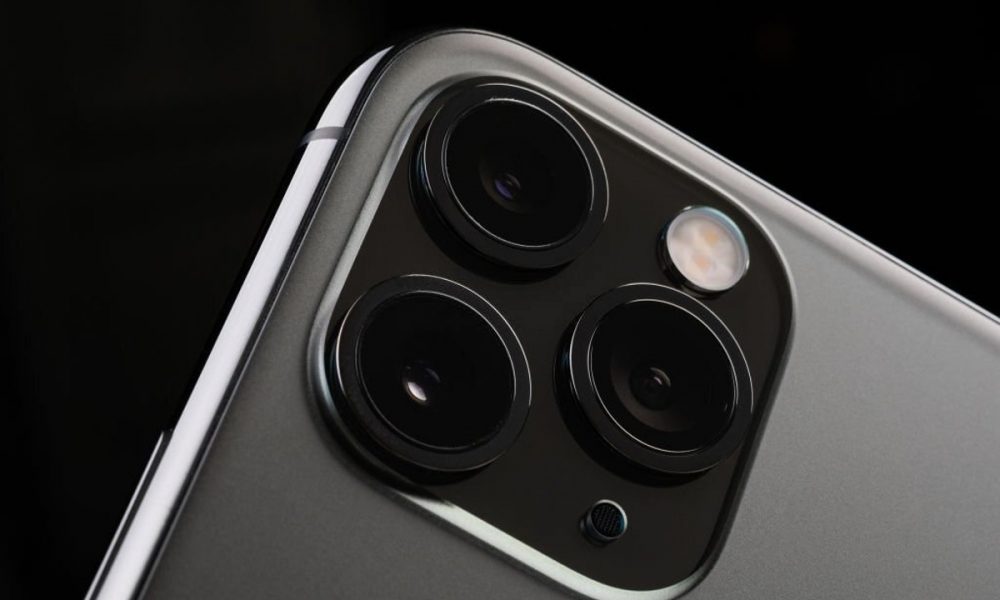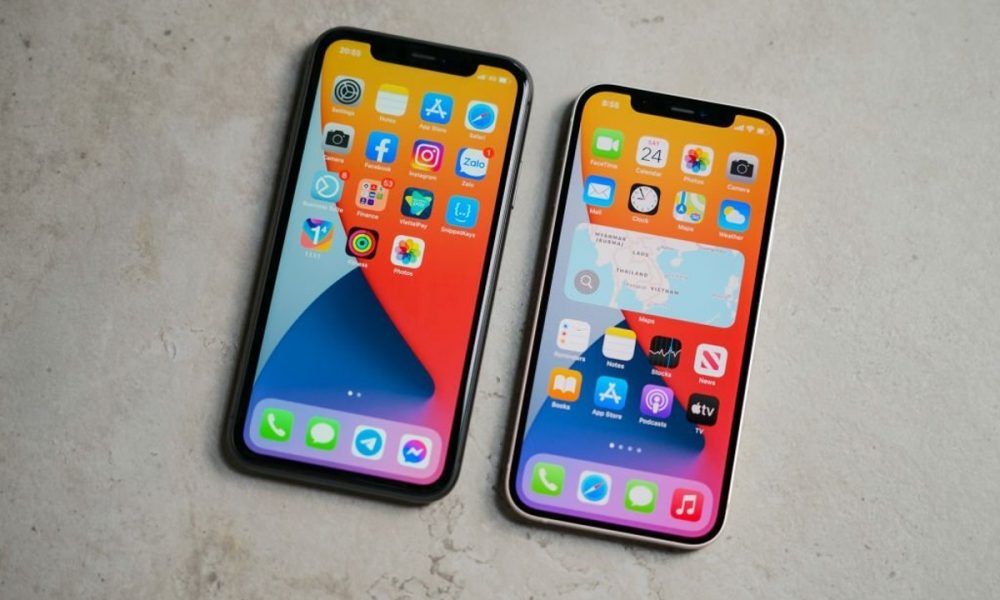At a time of dramatic technological advancement and digitalization, mobile phone use in educational settings has become a hotly debated subject.
The purpose of this article is to conduct a comprehensive investigation of the benefits associated with permitting smartphones in schools, looking at both students, educators, and the overall educational system as potential beneficiaries of their adoption.
Moreover, we will acknowledge the associated apprehensions and present possible remedies for consideration.
Benefits of Allowing Phones in School
1. Enhanced Access to Information and Educational Resources:
One of the primary advantages of allowing phones in school is access to a vast repository of information and educational resources.
With the internet at their fingertips, students can explore a world of knowledge, access online libraries, and conduct research effortlessly.
2. Improved Communication and Collaboration:
Smartphones facilitate communication and collaboration among students. They can work on group projects, share resources, and engage in discussions, fostering a sense of teamwork and connectivity.
3. Integration of Technology into the Learning Process:
Allowing smartphones in school supports the integration of technology into the learning process. Educational apps, digital textbooks, and interactive content make learning engaging and dynamic.
4. Preparation for the Digital Age:
In an increasingly digital world, teaching students how to use smartphones responsibly prepares them for the demands of the digital age. It equips them with digital literacy skills crucial for their future careers.
5. Use of Educational Apps and Tools:
A plethora of educational apps and tools are available, catering to various subjects and learning styles. These apps can make learning more personalized and effective.
Considerations and Concerns
Despite the potential benefits, concerns regarding smartphones in schools cannot be dismissed.
1. Distractions:
One of the most common concerns is the potential for smartphones to distract students from their studies. Social media, messaging apps, and online games can divert their attention from the classroom.
2. Privacy Issues:
Privacy concerns arise with the use of smartphones in schools, particularly in terms of student data and surveillance. Schools must address these concerns by implementing strict privacy policies.
3. Misuse:
The misuse of smartphones, such as cheating during exams or engaging in cyberbullying, is a legitimate concern. Proper guidelines and consequences for misuse must be in place.
Case Studies and Success Stories
Several schools and educational institutions have successfully integrated smartphones into their learning environments.
These institutions have demonstrated that with clear policies and responsible usage, smartphones can enhance the learning experience, improve engagement, and better prepare students for the digital world.
Policies and Guidelines
Clear and comprehensive policies and guidelines are essential for responsible smartphone usage in schools.
Educators, parents, and students should collaborate to develop and adhere to these policies. They should address usage during class time, privacy issues, and consequences for misuse.
Student Perspectives
To gain a holistic understanding of the issue, it’s crucial to consider student perspectives. Interviews and surveys reveal that students have mixed experiences with smartphones in school.
Some appreciate the convenience and educational resources, while others acknowledge the potential for distractions.
Teacher and Educator Insights
Educators who have integrated smartphones into their teaching methods provide valuable insights. They highlight the challenges they’ve faced, such as managing distractions, and the benefits, such as enhanced engagement and interactive learning.
Conclusion
The question of whether phones should be allowed in school does not have a one-size-fits-all answer. It’s a complex issue with valid arguments on both sides.
The key lies in finding a balanced approach, where the benefits are harnessed while addressing and mitigating the concerns.
With well-defined policies, responsible usage, and open communication among stakeholders, smartphones can play a valuable role in modern education.
It’s a journey that requires careful consideration and adaptability in an ever-evolving digital landscape.
Also Read: How To Detect And Prevent Remote Access To Your IPhone.





